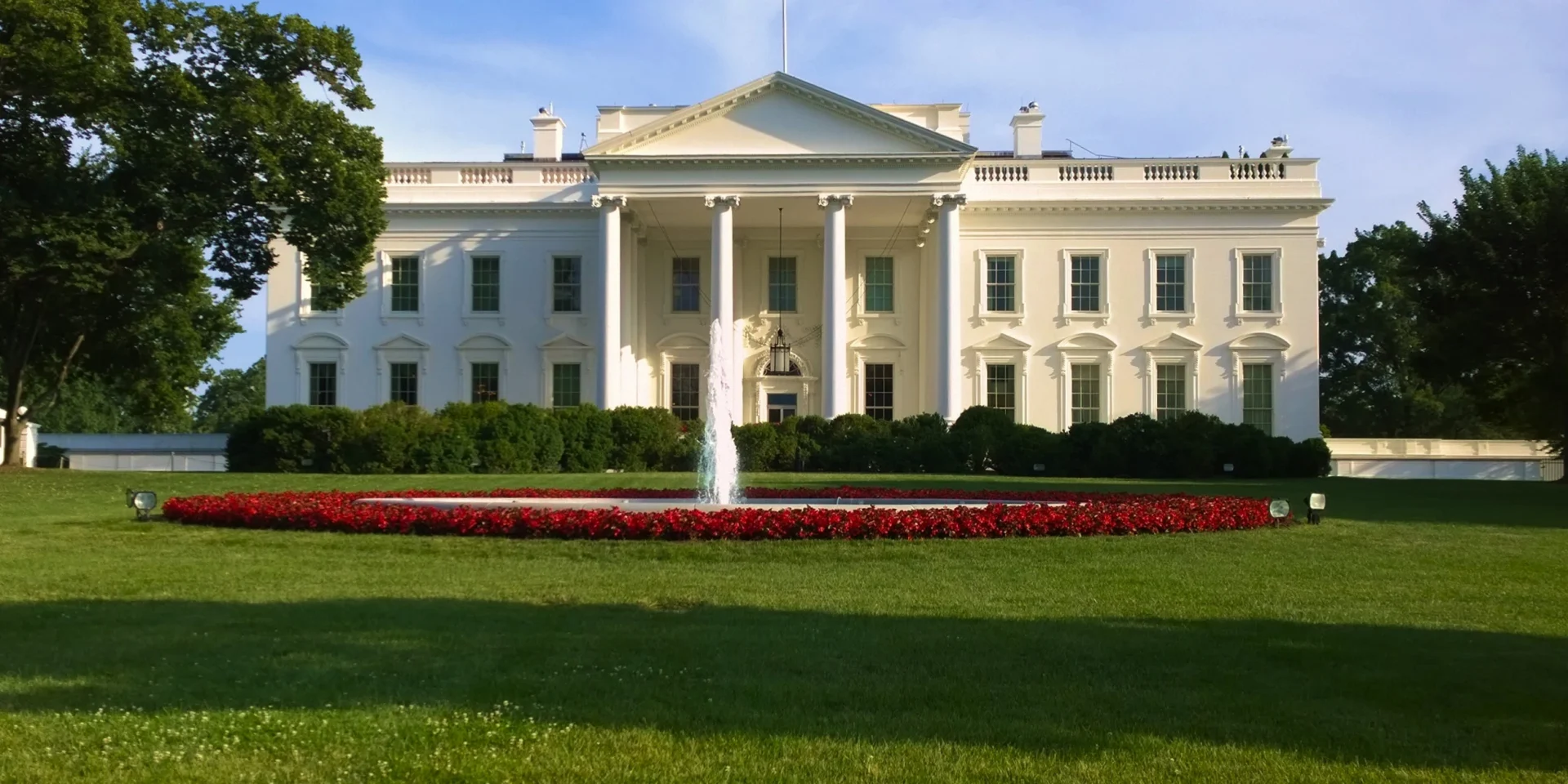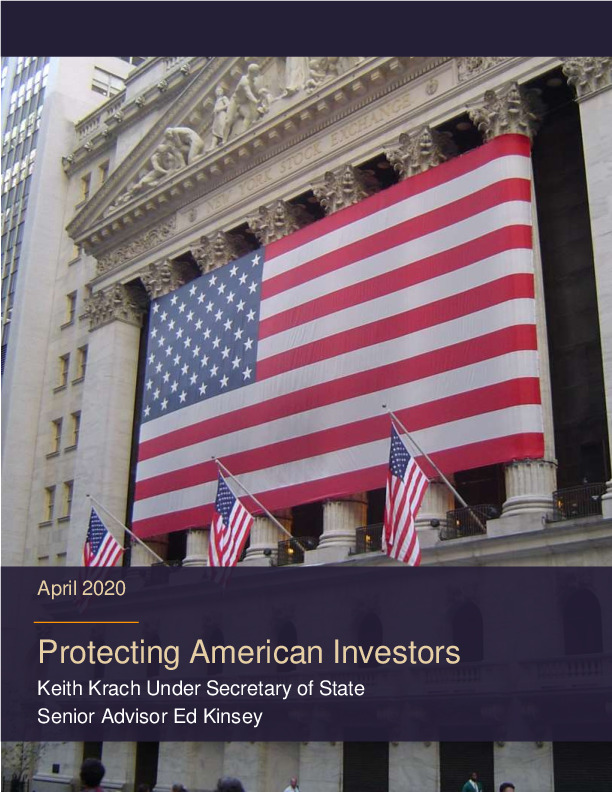Biden Signs Executive Order to Ensure Reviews of National Security Risks by Committee on Foreign Investment
The White House

The United States’ commitment to open investment is a cornerstone of our economic policy, benefits the millions of American workers employed by foreign firms operating in the United States, and helps to maintain our economic and technological edge. However, the United States has long recognized that certain investments in the United States from foreign persons, particularly those from competitor or adversarial nations, can present risks to U.S. national security. The United States therefore maintains a robust foreign investment review process to identify and address such risks. As the national security environment, including the behavior of countries and individuals that seek to impair U.S. national security, evolves, the review process of the Committee on Foreign Investment in the United States (CFIUS, or the Committee) also must evolve.
This Executive Order (E.O. or the Order) is the first E.O. since CFIUS was established in 1975 to provide formal Presidential direction on the risks that the Committee should consider when reviewing a covered transaction. The Order explicitly recognizes that some countries use foreign investment to obtain access to sensitive data and technologies for purposes that are detrimental to U.S. national security, and seeks to ensure that CFIUS remains an effective tool to combat these threats now and in the future. More broadly, this Order explicitly ties CFIUS’ role, actions, and capabilities with the Administration’s overall national security priorities—including preserving U.S. technological leadership, protecting Americans’ sensitive data, and enhancing U.S. supply chain resilience—to ensure that the United States’ national security tools and objectives are consistent and mutually reinforcing.
Related Posts

video
$2 Trillion Invested in Chinese Companies, but US Investors Have No Visibility or Control
The Variable Interest Entity structure enables Chinese companies to sell US investors shares in Cayman Island shell companies. Investors have no visibility or control over the real companies located in China.

document
Protecting American Investors — Chinese Stocks on U.S. Stock Exchanges
The road to security regulation internationalization was based on the principle that all sellers played by the same rules. The continuing emergence of Chinese state owned enterprises on the American based New York and NASDAQ exchanges is stacking the deck against American companies and intensifying the risks that investors are taking.